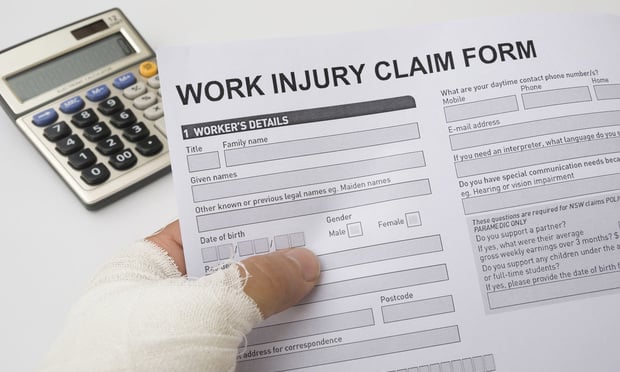 "In my experience, most claimants are earning less than the maximum rate already," said Jeff K. Stinson, partner at Swift Currie in Atlanta. "This increase will not impact their claims." (Credit: Bigstock)
"In my experience, most claimants are earning less than the maximum rate already," said Jeff K. Stinson, partner at Swift Currie in Atlanta. "This increase will not impact their claims." (Credit: Bigstock)
Payouts for workers' compensation claims are on the rise after a bill passed earlier this year by the Georgia General Assembly took effect July 1.
Recommended For You
Want to continue reading?
Become a Free PropertyCasualty360 Digital Reader
Your access to unlimited PropertyCasualty360 content isn’t changing.
Once you are an ALM digital member, you’ll receive:
- Breaking insurance news and analysis, on-site and via our newsletters and custom alerts
- Weekly Insurance Speak podcast featuring exclusive interviews with industry leaders
- Educational webcasts, white papers, and ebooks from industry thought leaders
- Critical converage of the employee benefits and financial advisory markets on our other ALM sites, BenefitsPRO and ThinkAdvisor
Already have an account? Sign In Now
© Touchpoint Markets, All Rights Reserved. Request academic re-use from www.copyright.com. All other uses, submit a request to [email protected]. For more inforrmation visit Asset & Logo Licensing.







